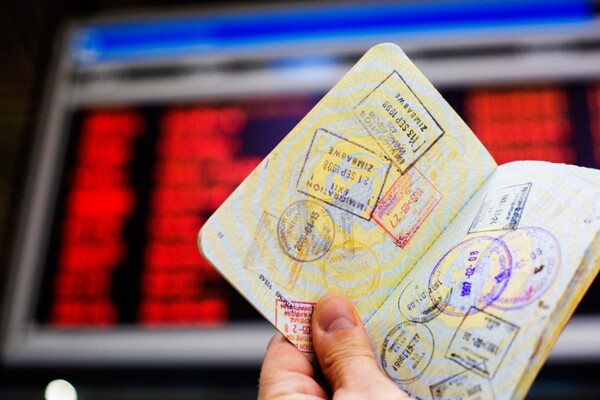'Hundreds' of Abta members still seeking 'clarity' on new EU border rules
 Harry Kemble
Harry KembleAbta has revealed around 300 members – three times more than its average call average attendance – joined a call two weeks ago about the EU Entry-Exit System (EES), which is due to be rolled out next month.
The association said many members wanted “clarity” about the roll-out, currently scheduled for 10 November, and confirmed it has already held two calls about EES this year.
Between 80 to 90 members normally join its monthly calls, making the recent video conference call on EES the best attended Abta has ever held.
In addition, Abta will put on two coach trips for members to the Port of Dover in October and November to see how the port is preparing for the roll-out.
EES is a new electronic system that will replace the physical passport stamping when crossing external EU borders, such as the UK’s with the Schengen area post-Brexit.
However, last month, national press reports reports stated several EU member states had told the bloc they were not ready to implement the measures.
Speaking at the 2024 Abta Convention in Costa Navarino, Luke Petherbridge, Abta’s director of public affairs, said he hoped to organise a third coach trip to Dover in the coming weeks to meet demand from members for information about EES.
Asked why Abta had chosen Dover over other ports and airports around the UK, Petherbridge said: “Eurotunnel has been quite public about what their preparations are and that is our main entry point into Europe. The Port of Dover has been excellent with how engaged they have been.
“People have really detailed questions about EES. It’s really important to them.”
Petherbridge declined to reveal what was said during both video conference calls Abta has held about EES, but did confirm officials from the Department for Transport and the Foreign Office joined them. “There was open and honest dialogue on both calls,” he said. “The government has been as honest as it can be.
“We hosted a call in February. Now we’re getting a bit closer to the rollout we thought we could run another. We’re going to be sharing the government information through our member zone.”
Petherbridge added there was “a lot of work going on to mitigate” any problems. “If you are travelling you need to be aware that there are going to be additional steps,” he explained.
EES will require travellers to submit to biometric checks, which will involve them having their fingerprints and photo taken. This information will remain on file for three years and will be used to verify their identity when travelling into the EU.
EES checks will be completed in the UK for passengers departing via Eurostar, Eurotunnel and ferry. Those travelling by air will complete the checks at their arrival airport in the EU.
Sign up for weekday travel news and analysis straight to your inbox

Harry Kemble
Supplier Directory
Find contacts for 260+ travel suppliers. Type name, company or destination.














